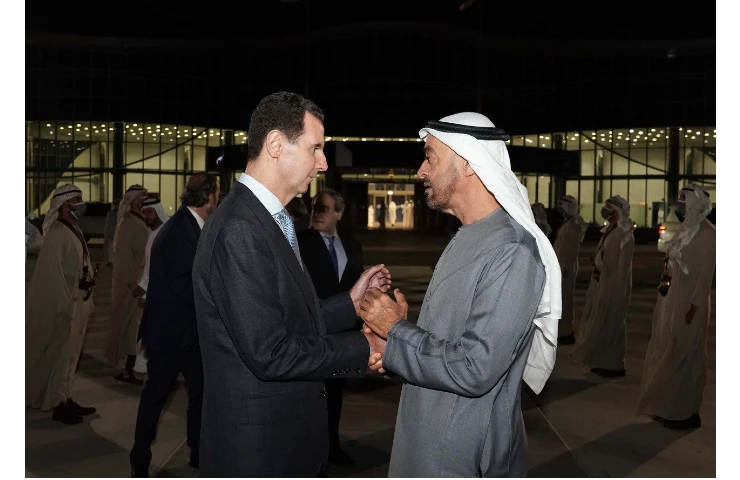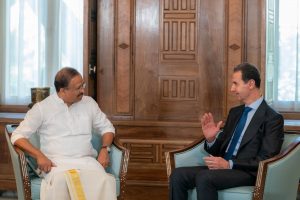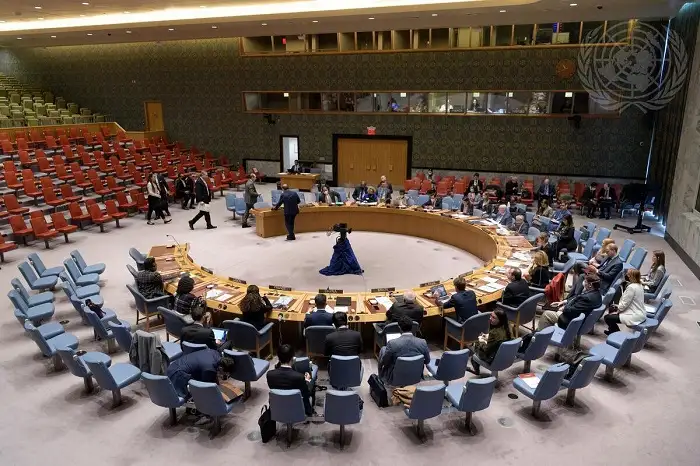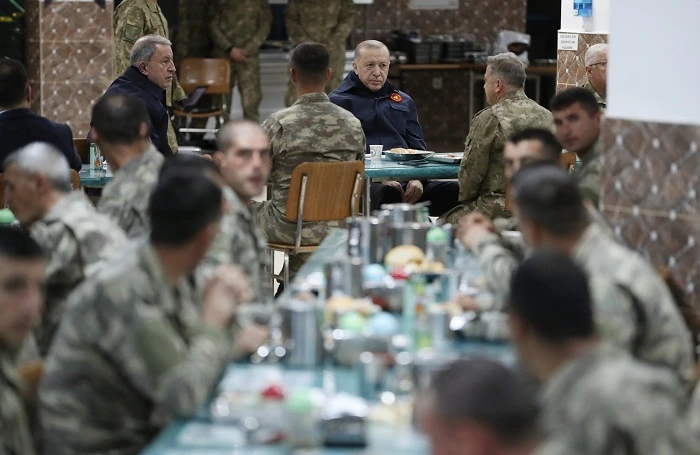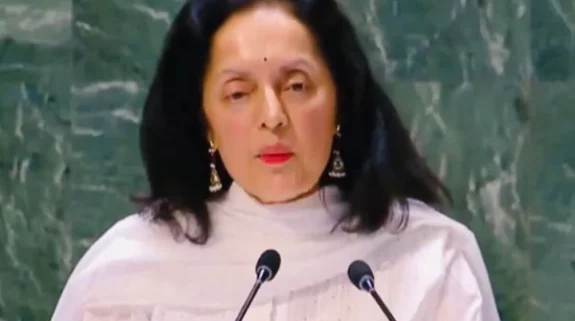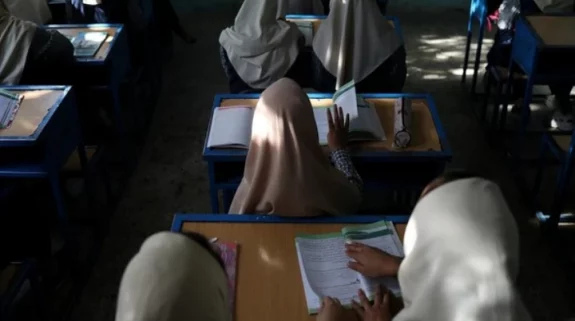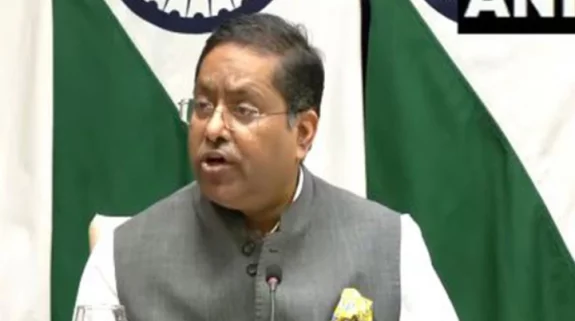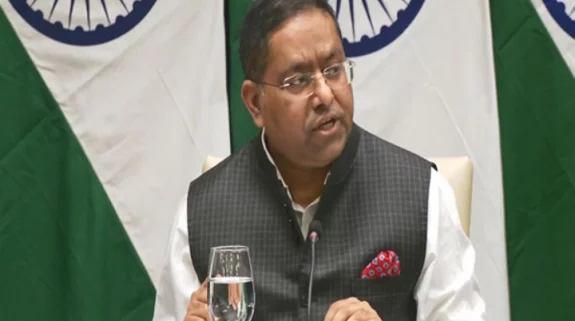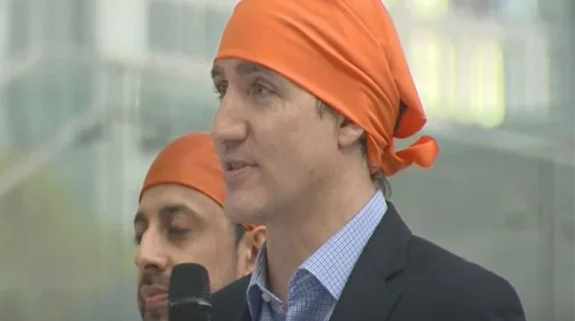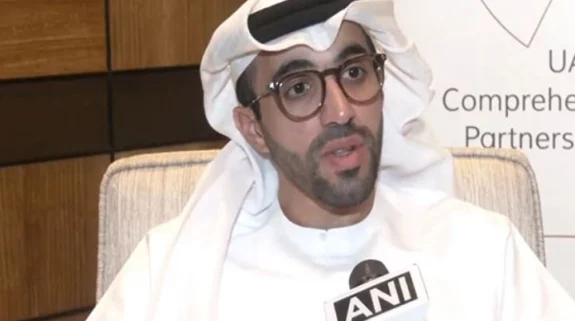It has been a season of reconciliation in the Middle East. And one of major geopolitical realignment. Syrian President Bashar al Assad's trip to UAE stands out with its many implications for the region. The very first trip by Assad to an Arab country and one which had supported anti-Assad rebels. What lies behind the trip?
The UAE was part of the international Friends of Syria collective that supported opposition groups in the early years of the Syrian Civil War. In 2012 it closed down its embassy in Damascus. Gradually, however, a variety of factors caused a rethink in Abu Dhabi 's position on Syria.
First, was the Russian intervention in the war and Assad's tenacious hold over power, even as a perceived US withdrawal from the region began. Next, was Syria's ability, with support from Russia and Iran, to crush the Islamists. But most importantly, as UAE Minister Anwar Gargash explained, pulling no punches, an Arab role in Syria had become necessary to combat the growing influence of Turkey and Iran. Thwarting these threats became a major driver of the UAE's policy towards Syria. It reopened its embassy in Damascus in 2018, and in 2019, despite US sanctions, participated in the Damascus Trade Fair. After Oman, it was the UAE that took the lead to gradually bring back Syria and Assad into the Arab fold after it had been thrown out of the Arab League in 2011. More recently, in November 2021, UAE Foreign Minister Abdullah bin Zayed al Nahyan visited Damascus, breaking the US consensus not to negotiate with Assad. Assad's visit to the UAE, therefore, was perhaps imminent. What, however, is striking is the timing, as it takes place amid the Russia- Ukrainian war.
Pitting Russia against the USA and its NATO allies, the visit of Assad, who is firmly in the Russian camp, can be perceived to be yet another signal by the UAE to the US of its fading significance in the region. During his meeting with Assad, Crown Prince of Abu Dhabi and UAE's de facto ruler Sheikh Mohammed bin Zayed al Nahyan "stressed that Syria is a fundamental pillar of Arab security, and that the UAE is keen to strengthen cooperation with it to achieve the aspirations of the brotherly Syrian people towards stability and development."
The UAE has continued to maintain a neutral position in the Russia-Ukraine conflict, despite the US trying to stitch up an anti-Russia front, imposing a wide range of harsh sanctions on it, while also refusing US requests to hike oil production to keep oil prices stable. Crown Prince Mohammed bin Zayed al Nahyan had even refused to take a call from president Joe Biden, though Abu Dhabi has kept up contact with Russia at the highest level.
President of #Syria Bashar Al-#Assad just visited #UAE
This is huge pic.twitter.com/4LOrJiGP19
— Luka Duvnjak (@Luka_Duvnjak) March 18, 2022
Russia, in fact, had helped bring both Abu Dhabi and Damascus together. Threatened on one hand by Turkey with its patronage of the Muslim Brotherhood, and on the other by Iran and its proxies in neighbouring Iraq, Lebanon, Syria, and Yemen – a threat that still persists as seen in the recent attacks on the UAE by Iran-backed Houthi militias – as well as by the Islamic State in Iraq and the Levant (ISIL), the UAE turned to Russia, which helped consolidate Bashar Al Assad's rule in Syria, expelling the ISIL and other Islamist forces. It claimed that they were fighting a “common enemy”.
The Turkish threat may now have somewhat dissipated with President Recep Tayyip Erdogan's shaky domestic position and a sinking Turkish economy, necessitating a rapprochement between Turkey and the Arab states, including the UAE. But the threat of Iran has not receded; on the contrary, the thaw that was seen recently in relations between Iran and the UAE has vanished, with renewed attacks on UAE by the Iran backed Houthi militias in Yemen. The ongoing negotiations on the Iran nuclear deal and the possibility of lifting of sanctions is a major threat perceived by the Sunni Gulf countries both in terms of more energy output in the global market as well as more funds available for Iran's proxies in Iraq, Lebanon and Syria to further Iranian influence. This is where Syria is significant.
Assad's victory in the civil war has, to a large extent, been possible because of Iranian military support. Nevertheless, Iran is not quite in a position to invest in the massive reconstruction that Syria now needs. With its investments in Syria, the UAE seeks to undercut Iranian influence there and, by extension, perhaps also in neighboring Lebanon. With his position consolidated, Assad also wants to eliminate Iranian interference in Syrian affairs; Abu Dhabi's outreach thus synergises well with his own ambitions as well. Strong ties between Syria and the Gulf States would also be a hedge for both in case of any Russian setback in the Ukraine conflict which is becoming increasingly protracted. Commenting on the visit, US State Department spokesperson Ned Price said Washington was “profoundly disappointed and troubled by this apparent attempt to legitimize Bashar al-Assad…". West Asia is witnessing some major geopolitical realignments and India should be watching carefully.
Also Read: What does the Ukraine conflict mean for West Asia?






